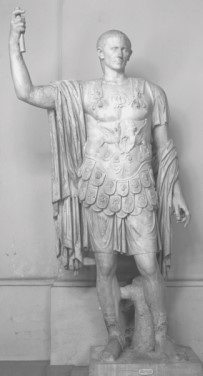Philostratus of Athens speaks about T. Claudius Flavius Dionysius of Ephesus as the subject in his work “Life of the Philosopher”. Philostratus tells that he was buried in the agora after his death.
In the light of this information, Josef Keil starts searching for his grave, and he found a tomb stone named after Dionysios at the bottom of the stairs, located at the south door of the upper agora.
Dr. Erol Atalay finds it in the same place, integrated into the steps. So T. Claudius Flavius Dionysius’s coffin cover was worn out since it was used as a step.
T. Claudius Flavius Dionysius was originally from Miletos, and he comes from the noble Flavius family. After completing his education, he was adopted by the Claudius family and therefore he was named after two families.
Hadrian was honored T. Claudius Flavius Dionysius two times with PROCURATOR and a seat was kept for him until his death in the Roman Senate. At the same time, he was entitled for free meals at the Alexandria Museum and belonged to the equestrian class.
